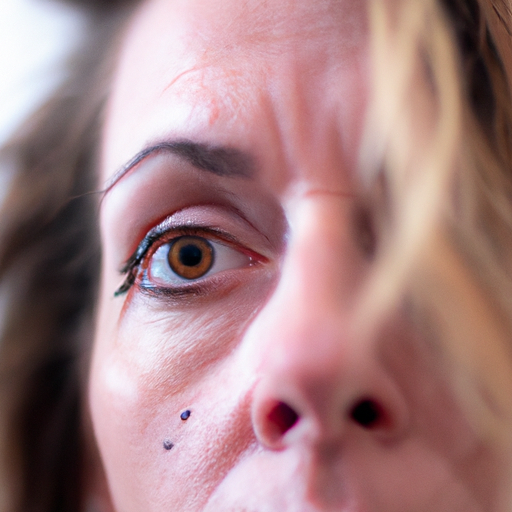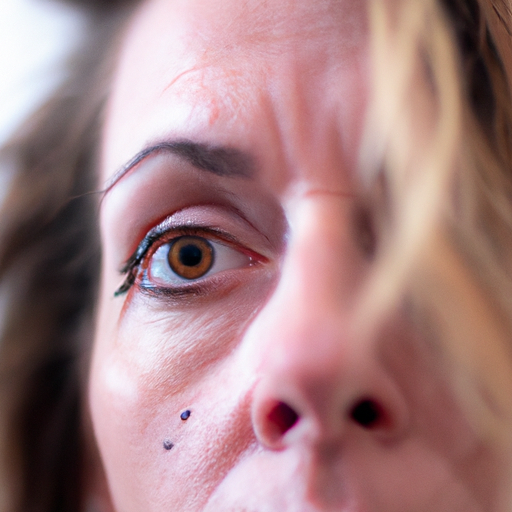Sensitive skin is a common issue that affects many people worldwide. It is characterized by redness, irritation, dryness, and sometimes even pain. If you have sensitive skin, you know how challenging it can be to keep it healthy and radiant. However, with the right care and attention, you can nurture your sensitive skin and keep it looking its best. Here are seven essential tips to help you do just that.
1. Understand Your Skin: The first step in nurturing sensitive skin is understanding what triggers your skin’s sensitivity. Common triggers include certain ingredients in skincare products, environmental factors like wind and sun, and even stress. Once you know what causes your skin to react, you can take steps to avoid these triggers.
2. Choose the Right Products: Not all skincare products are created equal, especially when it comes to sensitive skin. Look for products that are free from harsh chemicals, fragrances, and dyes. These can all irritate sensitive skin and cause flare-ups. Instead, opt for products that are hypoallergenic, non-comedogenic, and specifically designed for sensitive skin.
3. Moisturize Regularly: Moisturizing is crucial for sensitive skin. It helps to strengthen your skin’s natural barrier, preventing irritants from penetrating the skin and causing inflammation. Look for a moisturizer that is rich in hydrating ingredients like hyaluronic acid and ceramides.
4. Protect Your Skin from the Sun: Sun exposure can be particularly damaging to sensitive skin, causing redness, irritation, and even sunburn. Always wear a broad-spectrum sunscreen with an SPF of at least 30, even on cloudy days. Additionally, try to stay in the shade as much as possible during peak sunlight hours.
5. Be Gentle: Sensitive skin requires a gentle touch. Avoid scrubbing or rubbing your skin, as this can cause irritation and damage. When cleansing, use lukewarm water and a soft cloth. Pat your skin dry instead of rubbing it, and apply your skincare products with a light touch.
6. Stay Hydrated: Hydration isn’t just about what you put on your skin; it’s also about what you put in your body. Drinking plenty of water helps to keep your skin hydrated from the inside out, reducing dryness and flakiness. Aim for at least eight glasses of water a day.
7. Seek Professional Help: If your sensitive skin is causing you significant discomfort or affecting your quality of life, it may be time to seek professional help. A dermatologist can provide personalized advice and treatment options to help manage your sensitive skin.
In conclusion, nurturing sensitive skin requires a combination of understanding your skin’s triggers, choosing the right skincare products, protecting your skin from the sun, being gentle with your skin, staying hydrated, and seeking professional help when needed. By following these tips, you can help to soothe your sensitive skin and keep it looking healthy and radiant. Remember, everyone’s skin is unique, so what works for one person may not work for another. It’s all about finding what works best for you and your skin.




